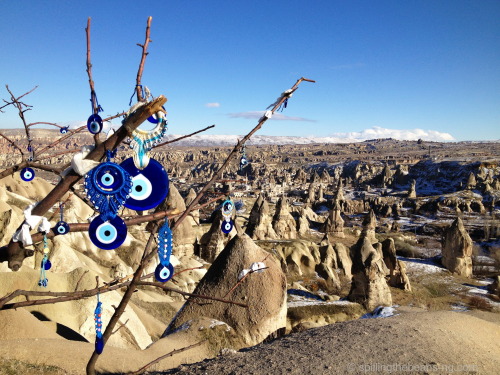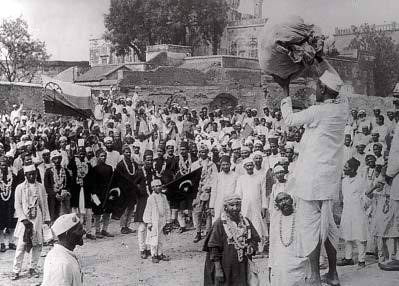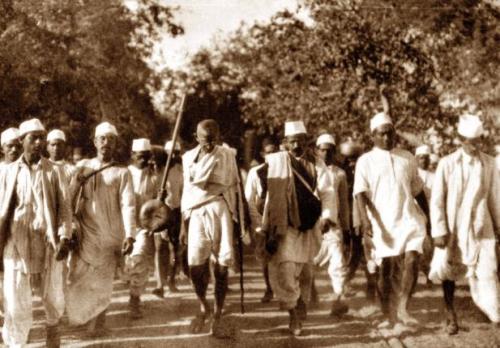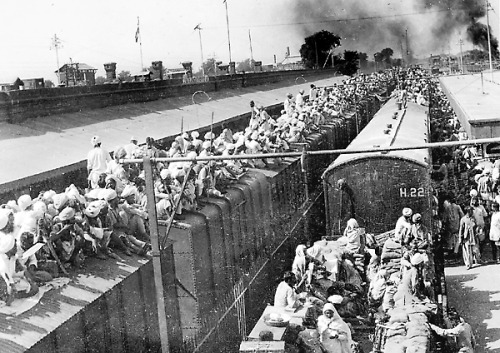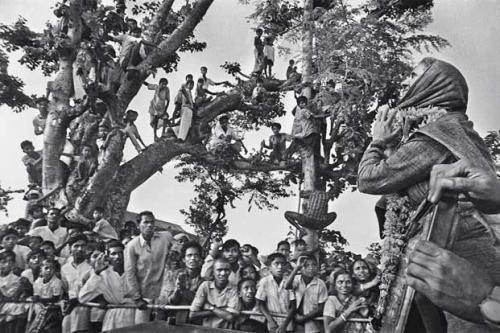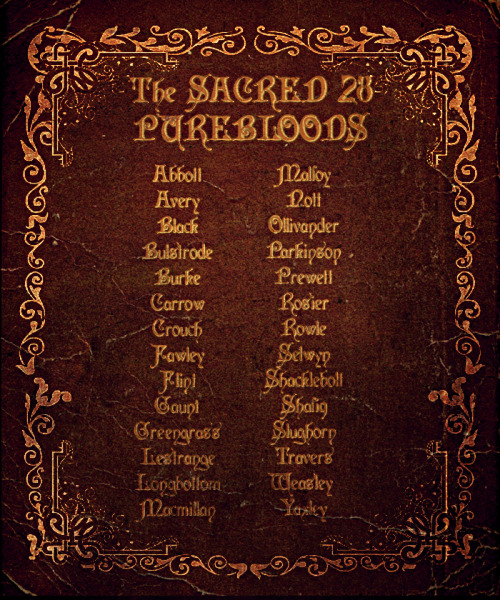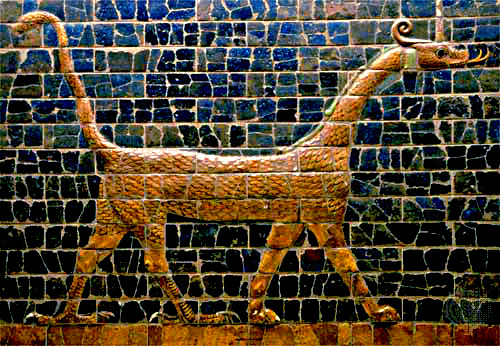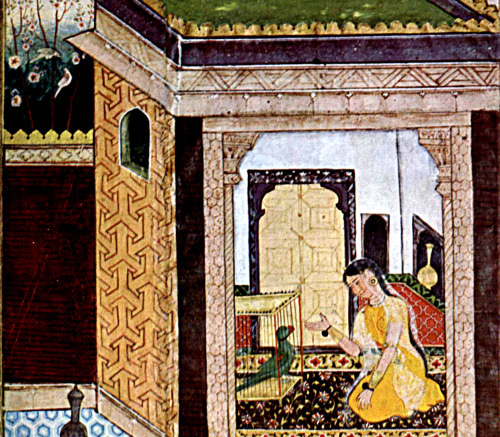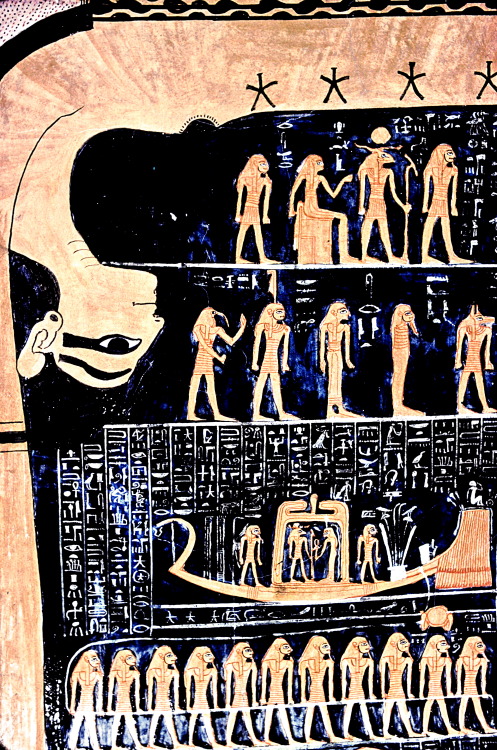#thepostmodernpottercompendium
thepostmodernpottercompendium:
The English could laugh all they liked when they saw those charlatans peddling their amulets, lining the sides of Diagon Alley. But they were wrong to blithely dismiss all amulets as mere fripperies and fopperies, the province of the uneducated and superstitious.
After all, whatdid they know of magic outside of the narrow confines of their world?
But witches and wizards (and even muggles) from the Middle East knew a thing or two about warding and protection against dark magic - of how to trick the evil eye. What good was a shield charm once a curse had already been cast? What good was it to have the most powerful wards on one’s house, only to wander the streets completely unprotected?
Sheer folly.
But then these fools seemed to have a funny sort of magic, all yelling about and waving arms in a wild frenzy, with none of the subtlety, the cruelty of their magic - magic which necessitated protection at all time, for who knew when someone would cast their eye upon you and curse you, sweet, simple and painful?
A simple amulet, each nazar was carefully handcrafted in the fires of a glass-maker, an art nearly as old as time itself, and while it was being carefully molded, a skilled warder would mutter the incantations, weaving the magic into the very heart of the bead itself. The wards themselves were nearly as old as the glassmaking craft, many of them lost except in the oral tradition of these witches and wizards who dedicated their lives to crafting protective amulets to fend off the evil eye. Only the three Unforgivables would ever break through these wards, once one wore it against one’s skin. Every other curse was deflected, its magic broken and shattered on the spot.
Real wards for real magic.
These English witches and wizards could rightly laugh at the peddlers and hoaxsters along Diagon Alley. Those crudely made charms and amulets were not true ward magic, merely pale imitations - a relic of the imperialistic imagination of a magically impoverished people. These wizards and witches could laugh at them too, with their nazar dangling from simple rope threads ‘round their necks. Amulets and charms, mere superstition, yes, yes they could laugh at all their superstitious nonsense.
They would have the last laugh when those foolish men in masks came for them all.
(forreadera)
[[I’ve mentioned nazar battus on this blog as being a common village magic charm for the Bideshis - here’s how they came to be.]]
Post link
thepostmodernpottercompendium:
The Sacred Twenty Eight: The Noble and Most Ancient Houses of Shafiq and Shacklebolt (2/?)
Pictures, left to right: Jallianwala Bagh Massacre 1919, Non Cooperation Movement 1920-21, Dandi Salt March 1930, Bengal Famine 1943, Trains during the Partition 1947, Indhira Gandhi visits Bangladeshi refugee camps in Bengal 1971.
He does not understand, when he is five, why his mother is weeping for people in a far away place with a strange name which is not home.
When he asks her, she only cries harder, and his father grips him roughly by his shoulder and pushes him away, admonishing him for troubling his mother. Someday, his father says, you will understand.
(He does not tell them, after asking his ayah, that he still does not understand why they care about wicked people who think they can get away with murdering innocent people. Why should they care? They are not theirpeople.)
He does not understand, two years later, when they return from the Halloween ball at the Ministry of Magic; the wrath of Kaliherself writ large upon his mother’s countenance (though she has long since given up her old family gods) and his father’s eyes shining with the same light of battle which must have once shone in their forefathers’ eyes as they swept out of the Hindu Khush following Muhammad of Gor.
Shafiqs are landowners and caretakers, yes, says his father, we grow and we create and we heal the land, but there is also anger in our hearts and when the time comes, we are warriors as well and all men quake when a Shafiq raises his arms to go to war.
(He tells his father he is not a Shafiq then, because there is no anger in his heart and his father only laughs and ruffles his hair and tells him that when he is older, the anger will burn in his heart too.
It is the last time, for a very long time, he hears his father laugh so openly.)
He does not understand, nearly twenty years later, why his mother both laughs and cries at the letter his father sends them from the old country, complaining about the damn bilatisthinking they’re clever by refusing to put us in prison. This is no laughing matter, being put in prison. It is wrongto break the law.
His mother silently hands him a book by a man called Olaudah Equiano and tells him that sometimes men make bad laws and it is for them, the ones who take care of their people, to fight those laws.
(He begins to understand, a few years later, when he realizes that his colleagues at the Ministry care more about Grindelwald’s war and its ill effects on England, not the millions starving back home, or the boats burning to keep the Germans (or the Japanese) from freeing his people; when they talk of oppression by mugglesand he wonders what the non magical folk have ever done to them that can be compared to what they have done to his people - then he understands, they do not look beyond their navels, so they exaggerate their pain, these pampered dandies.)
He does not understand why his father is grim-faced and his mother cries and cries and cries when Clement Attlee finally gives their countries Independence and the bilatisleave. It is a time for celebration - they have finally won their war. People die all the time. Let them die; they are not their own, they are mugglesthey do not have magic.
His mother goes into hysterics when he says this and his father fixes him with such a stare, he nearly wets himself.
Are you a Shafiq? His father asks him, are you my son or a son of a pig? A fool that you spew such nonsense? Are you blind? Have the bilatis turned your brain to porridge?
(He understands, a little, when as he watches his mother’s body burn on the funeral pyre, the tears begin to flow. Death is not easy to see. His father gruffly tells him to be a man and stalks away. Proud and tall as always.)
He begins to understand even more, when he meets his Anglo-Indian wife’s family and he listens to them drawling away about how the homeland is dirtyandstinky and his people are backward.They are your people, your forefathers he wants to yell, but smiles apologetically as his wife squeezes his hand sympathetically underneath the table.
He understands better, when he reads Macaulay’s Minute on Education (1835) and he reads these words:
We must at present do our best to form a class who may be interpreters between us and the millions whom we govern; a class of persons, Indian in blood and colour, but English in taste, in opinions, in morals, and in intellect.
He finally understands properly, twenty three years later, why his mother wept when their people, once united by common cause against their oppressors, turn on each other and commit genocide over divisions created by those very same oppressors they fought to drive away. He understands, when not a murmur is heard in the Ministry of help to be sent to them - when British newspapers are silent about sending troops to help clear up the mess they made in the first place.
But by then it is too late to teach his son what it means to be a Shafiq; to be rich and yet have anger burn in your heart.
So he teaches his grandson instead. These are only stories to them both, but he sees the fire of anger in his grandson’s eyes when he teaches him the history they do not teach them at Hogwarts. Of how the men of this country went to their homeland and stole from them in the greatest sanctioned robbery in the history of the world - 2.5 billion pounds (probably a lot more) stolen to never be returned. Of how, for two hundred years, they were taught that their ways were inferior and foolish, based on superstition not science. Of how they burnt their boats and stole the very souls and identities of people by turning them British, by turning them against their own culture (like your father, he says regretfully).
Of how these very men turned their people against each other: one religion against each other, countries arbitrarily divided along the lines of religion leading to one of the largest massacres in history. Of how ten million of their people were displaced overnight, in a war caused by the same arbitrary division of nations along the line of religion and politicking - this time for culture and language, because truly what did people in Dhaka have in common with people in Islamabad besides a vague commonality the bilatisdecided superceded all other commonalities? But now ten million people fit neither here nor there - they were not Bengali because they were muslims but they were not Pakistanis either (how could they be, those northeners were so different.) Ten million people with no identity, always to live unsure of themselves. This was the story of their people; magical or not, allof them were theirs.
And then many years later, his eyes are misty with tears as he watches his seventeen year old great grandson snap his wand and declare that he will not live as a bilatiwizard among a people with no conscience and no guilt for their cruelty. He goes to muggleuniversity instead, and then returns to his homeland to make a difference by working in a muggleNGO, practicing their old magic. The magic of their forefathers. And nobody serves him notice for using magic in the presence of muggles.
It is a start, he supposes, and then imagines his father would be proud. The anger has burnt in his heart and he has passed the flame of anger on. They will be caretakers, they will be warriors.
There will always be a Shafiq as long as they remember.
[Pic sources will be added later. Many thanks to notyourexrotic for helping with various bits of information and shaping this story (also for their incredible project shafiq28 which, I’ll be honest, shaped the headcanons for this one in a hugeway). I never liked the whole Statute of Secrecy biz given its ramifications when you apply them to other countries outside of the Euramerican region - its similarities with the whole divide and rule policy which governed Brit colonial policies when they were leaving countries are far too close for comfort.]
[[re-reblogging for this as there’s been an update to the original.]]
Post link
thepostmodernpottercompendium:
The Sacred Twenty Eight: the Most Ancient and Noble Houses of Shafiq and Shacklebolt. (Part ¼)
When they first saw the list, they laughed.
When they asked them why they laughed, they only shook their heads and did not answer. How could these people understand? To them the world was simple. There were three kinds of people: the pure, the sullied and the impure. The ones without wands were aliens, a different kind of species. Sub-human.
They knew better.
They had built civilizations. They were there when the Babylonians planted their trees in the Hanging Gardens. They were there when they laid the first stones in the pyramids. They were there when the Mesopotamians wrote their first histories and humans first recorded time. They were there at the founding of the first cities of the earth. They were there when the first men ploughed the field and built their homes. They were there at the breaking of the continents. They were there, among the first men of the Earth.
And while these savages were still scrounging around in the earth, speaking a primitive language of grunts and growls, they had been there reading the stars and considering the very nature of being and existence. These savages who were only learning how to wield the plough when their people were at the very height of their civilizations. These savages who were still shepherds and the like during the waning of their peoples.
Oh yes, they knew better.
They understood what differencemeant. They saw it in the eyes of the pale-faced muggles who eyed them on the streets. They heard it in the speeches of politicians who called them dirtyandoilyandcorrupt and claimed that their blood would soon flow freely on the roads of England if they did not go back home. They felt it in each death and in each drop of blood shed to fuel the Empire.
These people mourned over the tragic nature of Grindelwald’s short lived rule and conveniently forgot other horrific numbers. Eleven million, ripped from their homeland and shipped across the sea for the fat to get fatter. Three million dead, so that Britain could eat and fight their war on full bellies. 200 years of pure destruction.
But they would never forget. These were their people. It did not matter if the blood in their veins was magical or not. These were more their people than these savages waving their wands, who thought that this wand waving magic was the only form of magic worth knowing. Who thought that those who did not wave wands were without magic. But in truth, where they came from, magic was a part of the lives of everyone from the highest king to the lowliest slave and dalit. Where they came from, everyone lived their lives by the signs they read in their stars. Medicine and magic were one and the same, for healers were witches and witches were healers and every village had a witch-healer. They all came together to ward their homes and lands against evil spirits and evil eyes. They all sang the songs of mysticism together, deep spells to work magic that the non magical folk called miraculous. Magic worked for the sake of magic, for enjoyment and pleasure. Deep magic which called for time and patience and acuteness of mind to thread together all the spells in a pattern as complicated as life itself.
And these people, these wand-wavers now deemed them worthy enough to join their little club of those pure enough to be elevated above the rest of magical Britain.
How noble!
How gracious!
How patronizing! - but they did not say this aloud though they thought it many times.
No. The Shafiqs and Shacklebolts only smiled, and did not bother to tell these people that being a Shafiq and Shacklebolt was not a matter of a tightly knotted family tree, but a question of beingness. Nor did they tell them that this list was young and they were old, old as the very bones of the earth: they did not need this list to tell them their worth or explain who they were. They knew, even if these foolish children did not.
They smiled and they did not speak, for centuries had taught them this at least:
Never cross the white man
And he will not hurt you.[Picture sources: Pureblood 28 List by thestagpatronus,detail from the Ishtar Gate in Babylon,Girl with a parrot from the Tutinama manuscript,Igbo Maiden Spirit Mask,Nabta Playa,the Goddess Nut,Astrolabe, The assembled animals complain to the raven of their mistreatment at the hands of man by Miskin (or a student) c. 1595-1600, Leopard, kingdom of Benin, Nigeria, ivory with copper inlay, 47 cm high, late 19th century.
In case you’re wondering why there are pics of Igbo/Benin artifacts alongside Egyptian/North Africans one, I have a well planned out migration route for the Shacklebolts and I’m not just saying stuff because I can’t be bothered to pull out culturally specific works of art. Ditto Shafiqs.]
[[As far as my Shafiqverse is concerned, this is canon.
I’m kind of busy the next couple of weeks, but I’ll reblog more from this series - I’ve contributed a bit to this story and it looks to be more amazing than I’d anticipated.]]
Post link
thepostmodernpottercompendium:
Hi guys.
I’m so glad so many of you are reading this project, because its something very dear to me and the fact that there are people reading this motivates me to go deeper into this and not shove this project to the side.
Bless you all.
BUT
I’m applying to universities for my MA and that takes time. Unfortunately, I foolishly let real life take a backseat to this blog and now one of the courses I really wanted is Limited Availability now.
In short.
I would really, REALLY appreciate it if you guys could pitch in and submit any pictures you might find which you think could work on this blog. I end up spending about four or five hours at a go finding blog entry appropriate pics and then another hour or so editing them so they look good. In proportion, it usually takes me about an hour to write and edit a post so that its ready to go. The more pics I get, the quicker I can upload, the more you guys get to read. So…
Themes that will be turning up sooner or later:
- Slaves: ok this is URGENT. I need pics of slaves in slave ships - they could be paintings or screencaps, but high quality, high resolution stuff.
- Mughal art & colonial Bengal era photos/pics etc.
- ooo photos from post-war britain, preferably of immigrants from South Asia and the Carribean.
- Celts: red haired ones preferably. + points if they’re painted in blue.
- Scottish clansmen: erm. yeah. Battle scenes esp?
- Saxons: farmers, battles, bonus points if you can find something to do with the Night of the Long Knives. Or like people being butchered at a dinner table. (No, the Red Wedding is too obvious a reference sorry.)
- Hogwarts House motifs: um. Minimalist, preferably. Also if you can get actual pics of animals/people which look nice/fit the pic quality or themes used so far = great.
- 1920s era dudes in a dudeclub. A bit like the Drones club from P G Wodehouse. I have some art for this already, but I like to have a stock to choose from. Tweed+suckerseer suits also work.
- things which could pass for Azkaban. Gloomy stuff.
All submissions should have a source link and I will credit your sumissions at the end of each post. <3
I will be posting, don’t fear, but I would dearly appreciate the help since I’m a bit swamped at the moment.
<3
[[The loveliness behind Postmodern Potterverse has been a huge supporter of this project. I can totally relate to their struggle - I too prefer writing to picture-hunting and I don’t even have workable image editing software so trying to make things look good take up a LOT of time. If you have resources do share!]]

